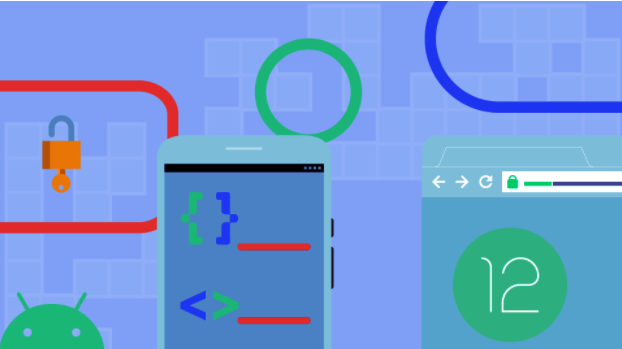Cyber Security News Aggregator
.Cyber Tzar
provide acyber security risk management
platform; including automated penetration tests and risk assesments culminating in a "cyber risk score" out of 1,000, just like a credit score.Introducing Android’s Private Compute Services
published on 2021-09-09 17:00:00 UTC by GoogleContent:
We introduced Android’s Private Compute Core in Android 12 Beta. Today, we're excited to announce a new suite of services that provide a privacy-preserving bridge between Private Compute Core and the cloud.
Recap: What is Private Compute Core?
Android’s Private Compute Core is an open source, secure environment that is isolated from the rest of the operating system and apps. With each new Android release we’ll add more privacy-preserving features to the Private Compute Core. Today, these include:
- Live Caption, which adds captions to any media using Google’s on-device speech recognition
- Now Playing, which recognizes music playing nearby and displays the song title and artist name on your device’s lock screen
- Smart Reply, which suggests relevant responses based on the conversation you’re having in messaging apps
For these features to be private, they must:
- Keep the information on your device private. Android ensures that the sensitive data processed in the Private Compute Core is not shared to any apps without you taking an action. For instance, until you tap a Smart Reply, the OS keeps your reply hidden from both your keyboard and the app you’re typing into.
- Let your device use the cloud (to download new song catalogs or speech-recognition models) without compromising your privacy. This is where Private Compute Services comes in.
Introducing Android’s Private Compute Services
Machine learning features often improve by updating models, and Private Compute Services helps features get these updates over a private path. Android prevents any feature inside the Private Compute Core from having direct access to the network. Instead, features communicate over a small set of purposeful open-source APIs to Private Compute Services, which strips out identifying information and uses a set of privacy technologies, including Federated Learning, Federated Analytics, and Private information retrieval.
We will publicly publish the source code for Private Compute Services, so it can be audited by security researchers and other teams outside of Google. This means it can go through the same rigorous security programs that ensure the safety of the Android platform.
We’re enthusiastic about the potential for machine learning to power more helpful features inside Android, and Android’s Private Compute Core will help users benefit from these features while strengthening privacy protections via the new Private Compute Services. Android is the first open source mobile OS to include this kind of externally verifiable privacy; Private Compute Services helps the Android OS continue to innovate in machine learning, while also maintaining the highest standards of privacy and security.
http://security.googleblog.com/2021/09/introducing-androids-private-compute.html
Published: 2021 09 09 17:00:00
Received: 2022 03 24 22:45:49
Feed: Google Online Security Blog
Source: Google Online Security Blog
Category: Cyber Security
Topic: Cyber Security
Views: 5

